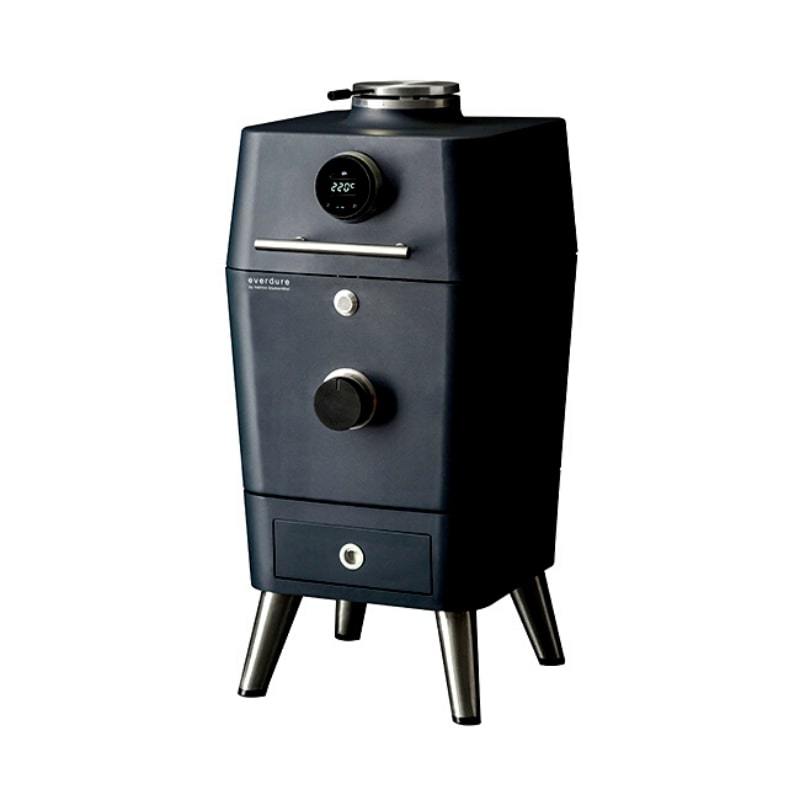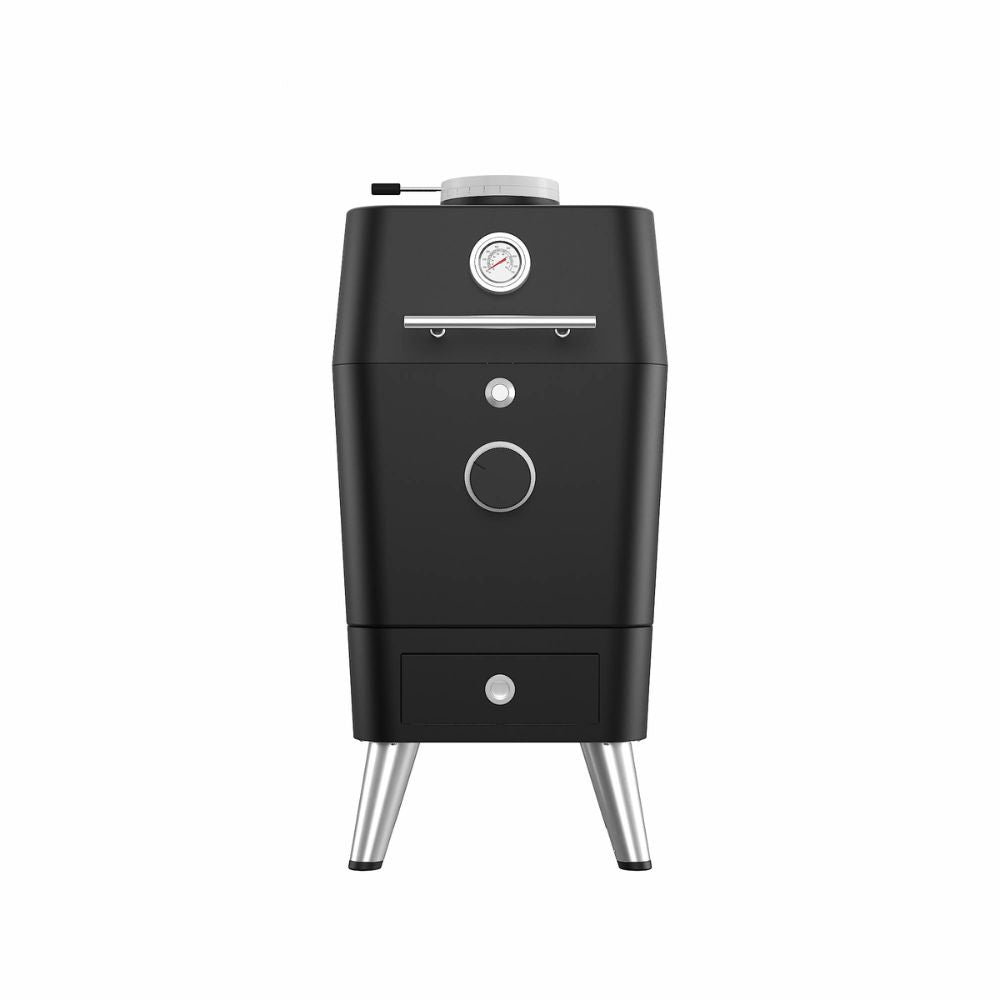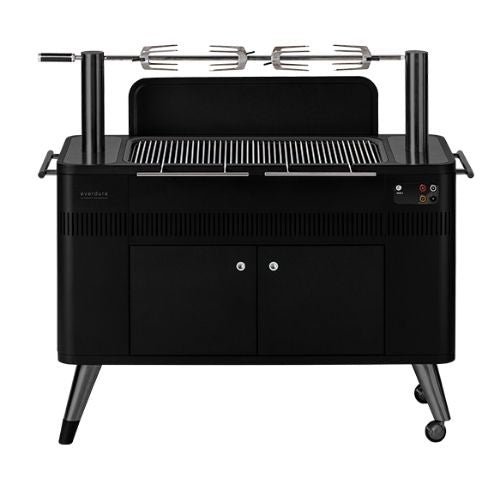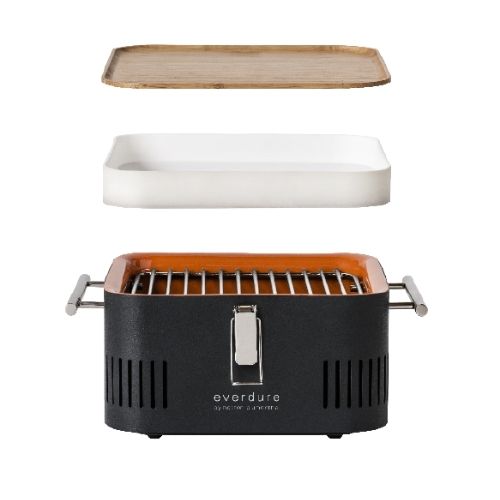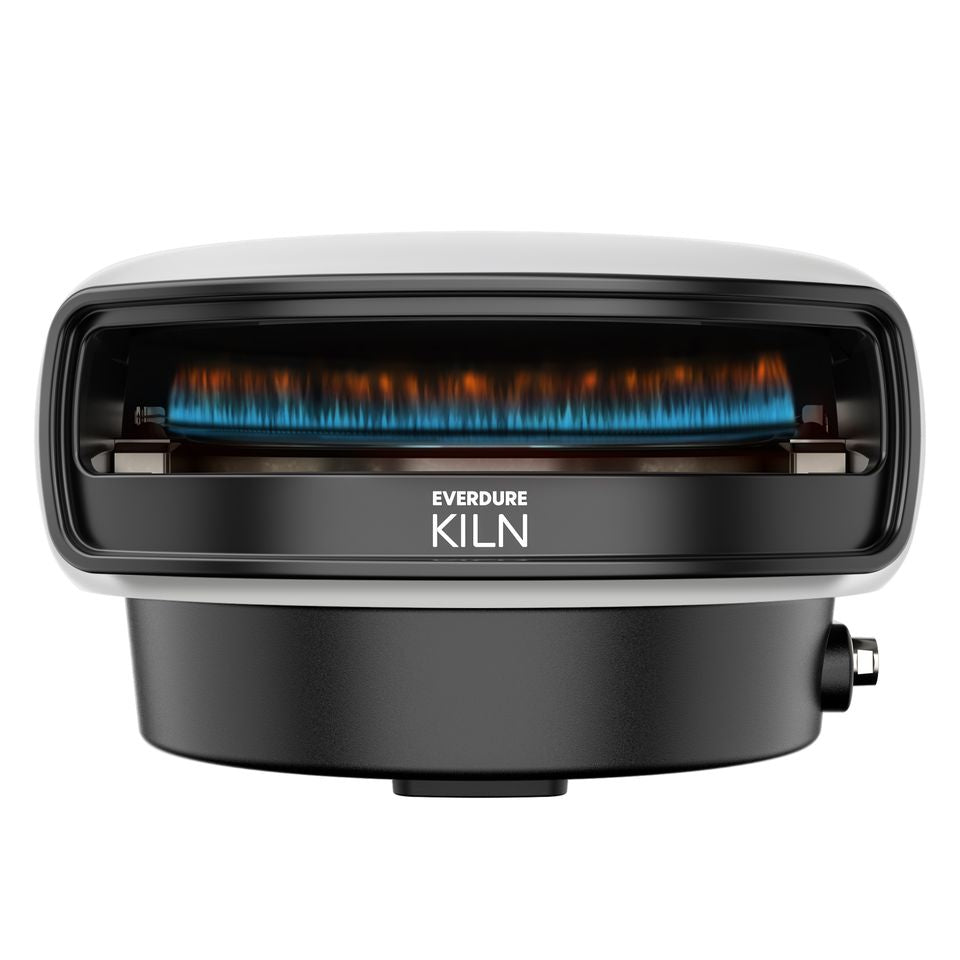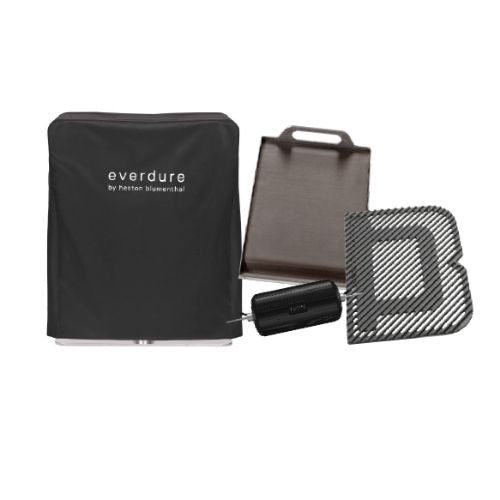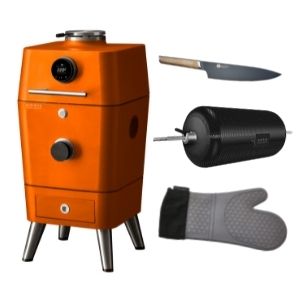How To: Make Your Own Rubs
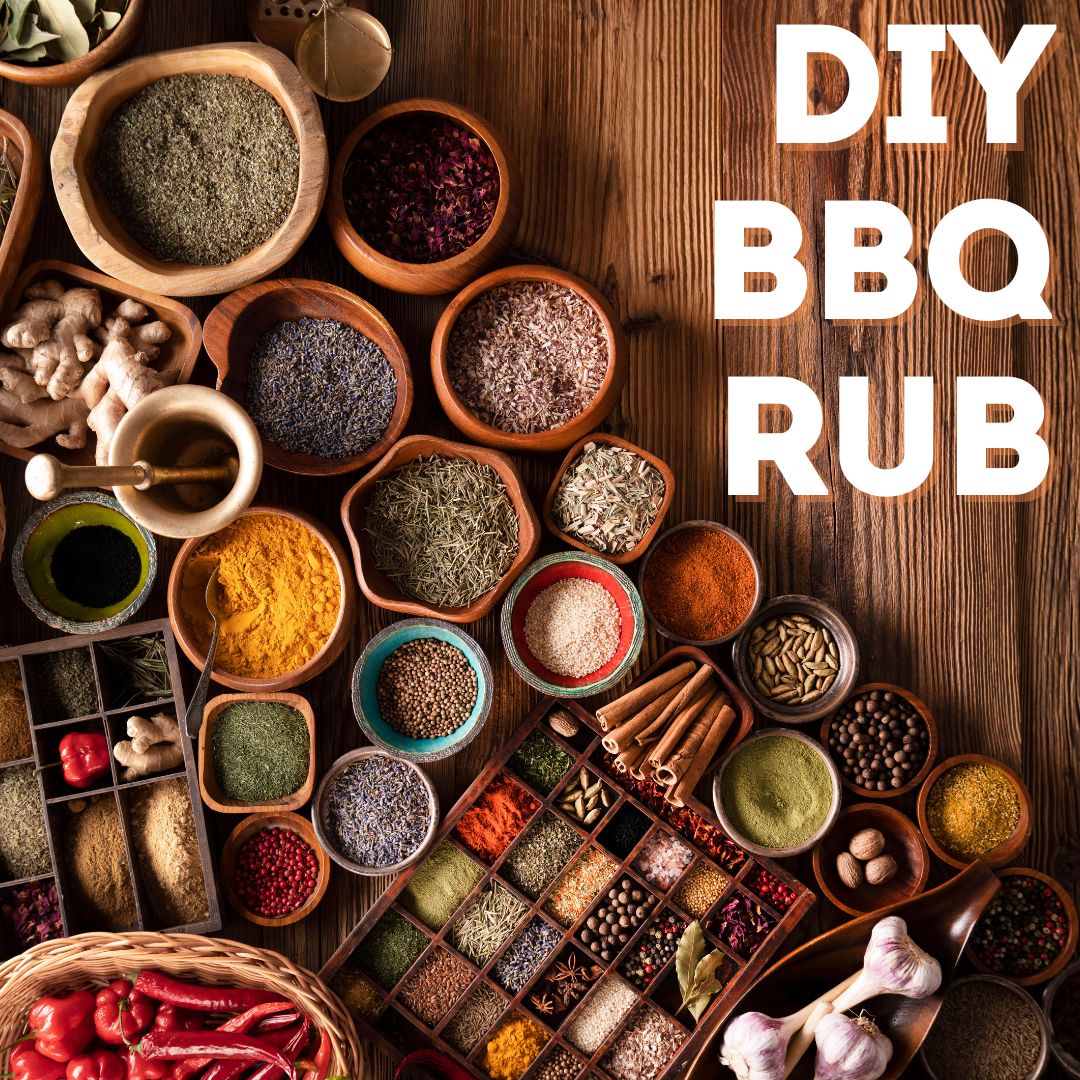
How To: Make Your Own Rubs
- Basics of Rubs
- Ingredients
- Common Spices: Salt, Sugar, Paprika, Garlic Powder, Onion Powder, Black Pepper, Cumin, Chili Powder
- Optional Additions: Coriander, Cayenne Pepper, Dried Herbs
- Ratios
- Basic Blend: Salt, Sugar, Paprika, Garlic Powder, Onion Powder, Black Pepper, Cumin, Chili Powder
- Mixing
- Application
- Customization
- Usage
Whether you’re grilling up a juicy steak or roasting some veggies, a great rub can take your dish from ordinary to extraordinary. Making your own rubs is not only fun but also allows you to tailor flavors to your taste preferences. Here’s a step-by-step guide to creating your own custom rubs at home.
- Understand the Basics of Rubs
Before diving into recipes, it’s essential to understand what makes a good rub. Typically, a rub consists of a mix of herbs, spices, and sometimes sugar or salt. The main types of rubs are:
- Dry Rubs: A blend of spices and herbs without liquid.
- Wet Rubs: Dry rubs mixed with a liquid, often oil, vinegar, or mustard.
- Gather Your Ingredients
For a basic rub, you’ll need a variety of spices and herbs. Here’s a list of common ingredients used in rubs:
- Salt: Enhances flavor and helps the rub adhere to the meat.
- Sugar: Adds a touch of sweetness and helps with caramelization.
- Paprika: Provides color and a subtle smokiness.
- Garlic Powder: Adds depth and a savory kick.
- Onion Powder: Offers a mild, sweet flavor.
- Black Pepper: Gives heat and pungency.
- Cumin: Adds an earthy, warm flavor.
- Chili Powder: Adds heat and complexity.
Feel free to experiment with other spices like coriander, cayenne pepper, or dried herbs like thyme and rosemary.
- Choose Your Ratios
A good starting point for a basic rub is:
- 1/4 cup salt
- 1/4 cup sugar
- 1 tablespoon paprika
- 1 tablespoon garlic powder
- 1 tablespoon onion powder
- 1 teaspoon black pepper
- 1 teaspoon cumin
- 1 teaspoon chili powder
Adjust the ratios based on your preferences. For example, if you prefer a spicier rub, increase the chili powder or add cayenne pepper.
- Mix Your Rub
Combine all your ingredients in a bowl. Whisk or stir thoroughly to ensure an even distribution of flavors. If you’re making a larger batch, you can store the rub in an airtight container for up to six months.
- Apply the Rub
To get the best results, apply the rub to your meat or vegetables and let it sit for at least 30 minutes before cooking. For more intense flavor, refrigerate the seasoned item for several hours or overnight.
- Experiment and Customize
The beauty of making your own rubs is the ability to experiment. Try adding unique spices or ingredients to create your signature rub. Some ideas include:
- Herb-Based Rubs: Add dried herbs like rosemary, thyme, or oregano for a fresh twist.
- Sweet and Spicy Rubs: Mix in brown sugar with cayenne pepper or hot sauce for a sweet and spicy kick.
- International Flavors: Explore global spices like Moroccan ras el hanout, Indian garam masala, or Japanese togarashi for a new flavor profile.
- Use Your Rubs
Rub your creations on meats like chicken, pork, or beef, or even sprinkle on roasted vegetables. You can also use rubs as a seasoning for soups, stews, or even popcorn!

